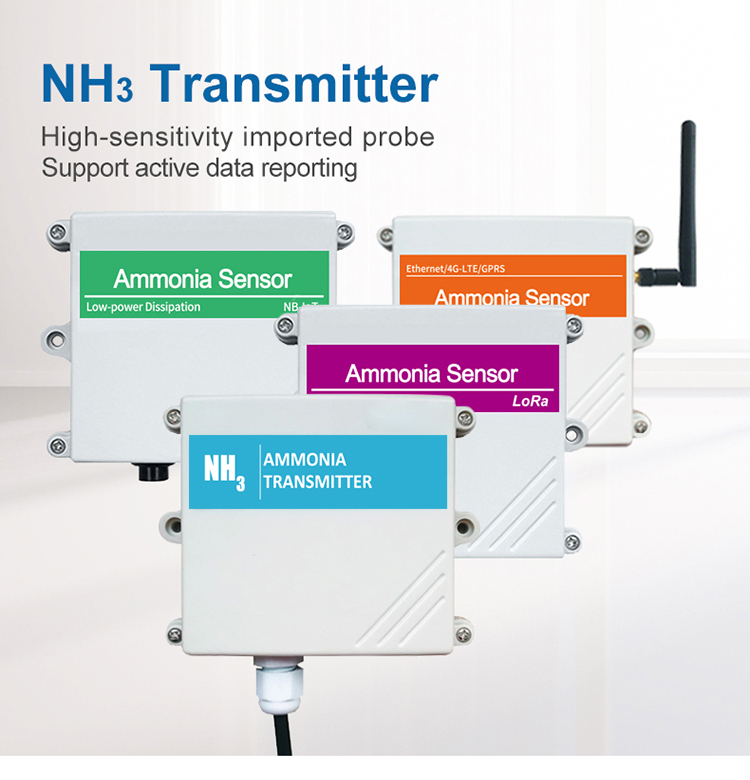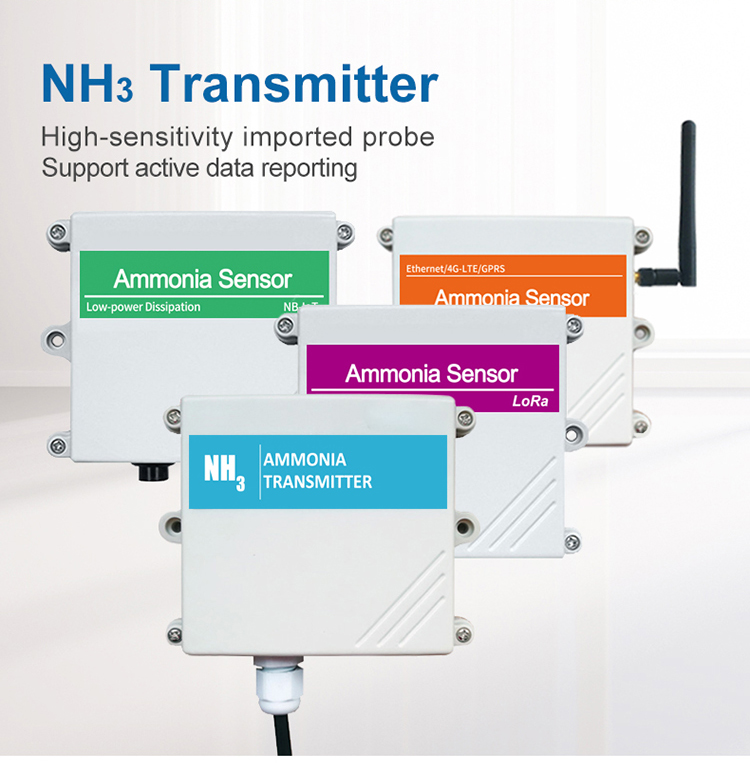Ammonia detector play a vital role in numerous industries where ammonia gas is present, ensuring the safety of workers and preventing potential hazards. This article explores the significance of ammonia detectors, their functions, and their applications in various industrial settings.

Functions of Ammonia Detectors:
Ammonia detectors serve several crucial functions in the detection and monitoring of ammonia gas:

Gas Sensing: Ammonia detector are equipped with advanced sensors capable of accurately detecting and measuring the concentration of ammonia gas in the air. They ensure precise readings and prompt identification of potentially harmful levels.
Alarm System: When the ammonia gas concentration surpasses predetermined safety thresholds, ammonia detectors activate an alarm system. This alerts workers to take immediate action, evacuate the area, and implement appropriate safety measures.
Real-time Monitoring: Ammonia detectors continuously monitor ammonia gas levels, providing real-time data for effective response and preventive actions in case of any leaks or releases.
Data Logging: Many ammonia detectors are equipped with data logging capabilities, allowing for the recording and storage of gas concentration data. This facilitates analysis, trend monitoring, and the generation of reports for safety assessments.
Applications of Ammonia Detectors:
Ammonia detector find wide-ranging applications across industries where ammonia gas is used or produced. Some notable applications include:

Agricultural Industry: Ammonia is commonly used in fertilizers and livestock facilities. Ammonia detectors play a critical role in monitoring ammonia levels in agricultural environments, safeguarding the health of workers and animals.
Refrigeration Industry: Ammonia is widely used as a refrigerant in industrial refrigeration systems. Ammonia detectors are essential in these settings to detect any leaks, prevent ammonia exposure, and avoid potential explosions or health risks.
Chemical Manufacturing: The chemical industry often handles ammonia gas during production processes. Ammonia detectors ensure worker safety by continuously monitoring gas levels and raising alarms in case of leaks or spills.
Wastewater Treatment: Ammonia is present in wastewater as a byproduct of organic decomposition. Ammonia detectors are employed in wastewater treatment plants to monitor ammonia levels, ensuring compliance with environmental regulations and worker safety.
Advantages of Ammonia Detectors:
Ammonia detectors offer several advantages that enhance industrial safety:
Early Warning System: Ammonia detectors provide an early warning system, alerting workers to potential ammonia leaks or releases. This allows for prompt evacuation and implementation of necessary safety protocols.
Accuracy and Reliability: Equipped with advanced sensing technologies, ammonia detectors deliver accurate and reliable measurements, instilling confidence in workers regarding safety equipment effectiveness.
Easy Integration: Ammonia detectors can be easily integrated into existing safety systems and networks, allowing seamless communication and coordination with other safety devices.
Regular Maintenance: Routine maintenance, calibration, and testing of ammonia detectors ensure optimal performance, reducing false alarms and guaranteeing accurate readings.
Conclusion:
Ammonia detectors play a critical role in industries where ammonia gas is present, ensuring worker safety and preventing potential hazards. With their gas sensing capabilities, alarm systems, real-time monitoring, and data logging features, these detectors provide valuable information and enable timely responses to ammonia gas leaks or releases. By investing in ammonia detectors, industries can create a safer working environment, mitigate risks associated with ammonia gas, and protect the well-being of their workforce.
